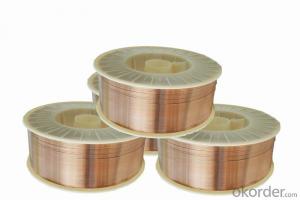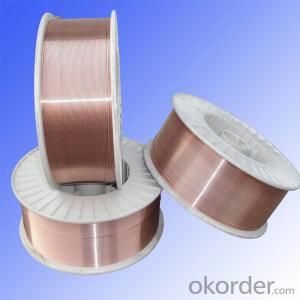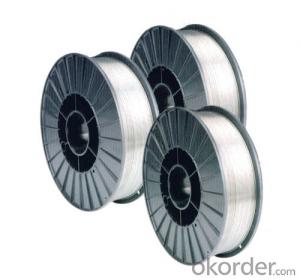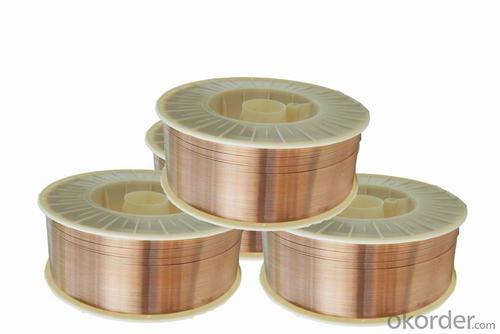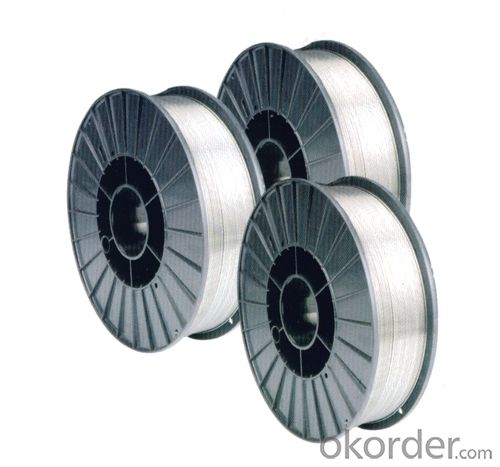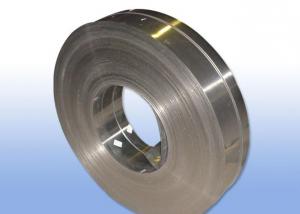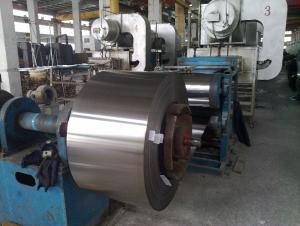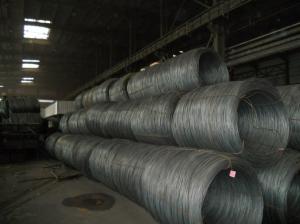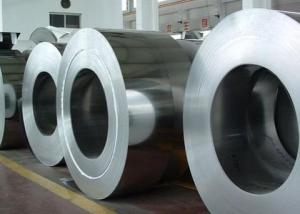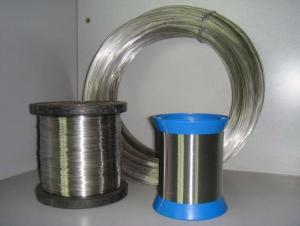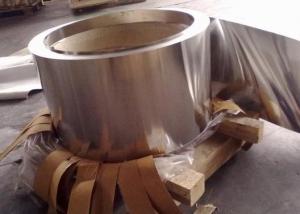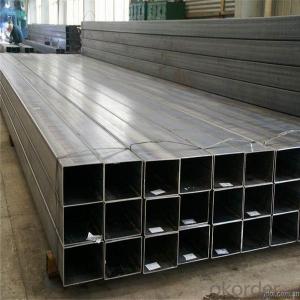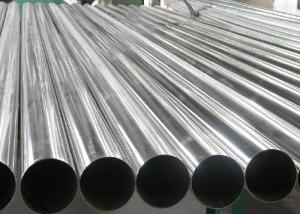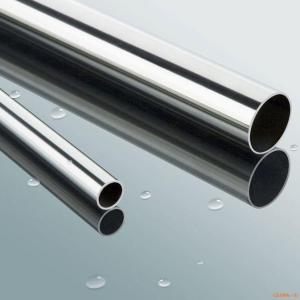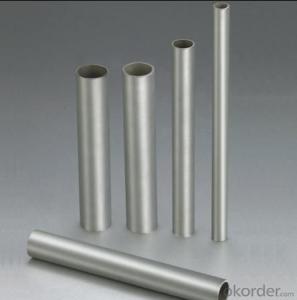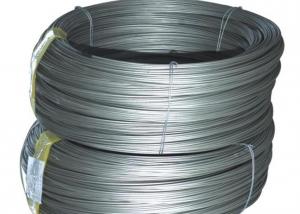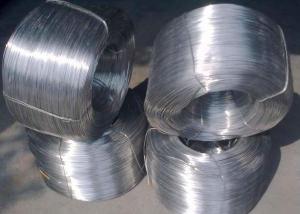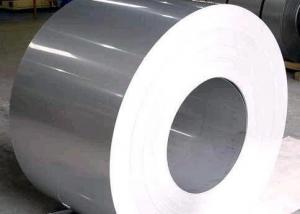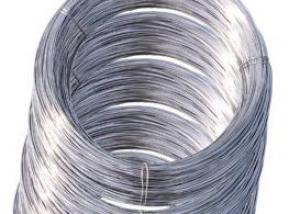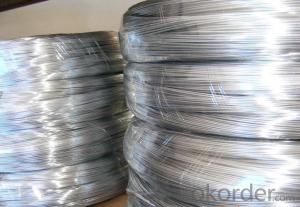Brass Steel Welding Wire/ Strip for Building
- Loading Port:
- Qingdao
- Payment Terms:
- TT OR LC
- Min Order Qty:
- 10 m.t.
- Supply Capability:
- 1000 m.t./month
OKorder Service Pledge
OKorder Financial Service
You Might Also Like
Brass Steel Welding Wire/ Strip for Building
Quick information:
AWS A5.18 ER70S-6
1) Copper coated
2) All position welding
3) Shield gas : CO2
4)Material: Carbon Steel
5)Diameter: 0.8mm-1.6mm
6)Weight: 15kg/spool, 100kg/barrel, 250kg/barrel
7)Flux Content: Without flux
8)Shield GAS: CO2
Specification:
| C | Mn | Si | S | P | Ni | Cr | Mo | V | Cu | |
| Standard | 0.06-0.15 | 1.40-1.85 | 0.80-1.15 | ≤0.035 | ≤0.025 | ≤0.15 | ≤0.15 | ≤0.15 | ≤0.03 | ≤0.50 |
| Typical | 0.078 | 1.53 | 0.85 | 0.01 | 0.011 | 0.029 | 0.022 | 0.008 | 0.010 | 0.12 |
Characteristics:
All products of welding wire were produced by German equipment.
Advanced technologies with advanced equipment.
FAQ:
Gas-shielded welding wires utilize Co2,argon-rich gas and argon gas as the shielding gases with high production efficiency.Large current may be used during welding to achieve droplet transfer,wiht large melting coefficient of wire, excellent depth of welding penetration on material, little melting residues,high-density current, concentrated heat, small heating area, little distortion of work pieces after welding, etc.
Because of low content of hydrogen in the seam,cold cracking is rare. Good visibility of electric arc facilitates full-position welding and welding at other positions.
Main Applications:Welding of various 500Mpa structural steel components;welding of various 500Mpa plates and pipes;full-position welding with a wide range of current.
Pictures:
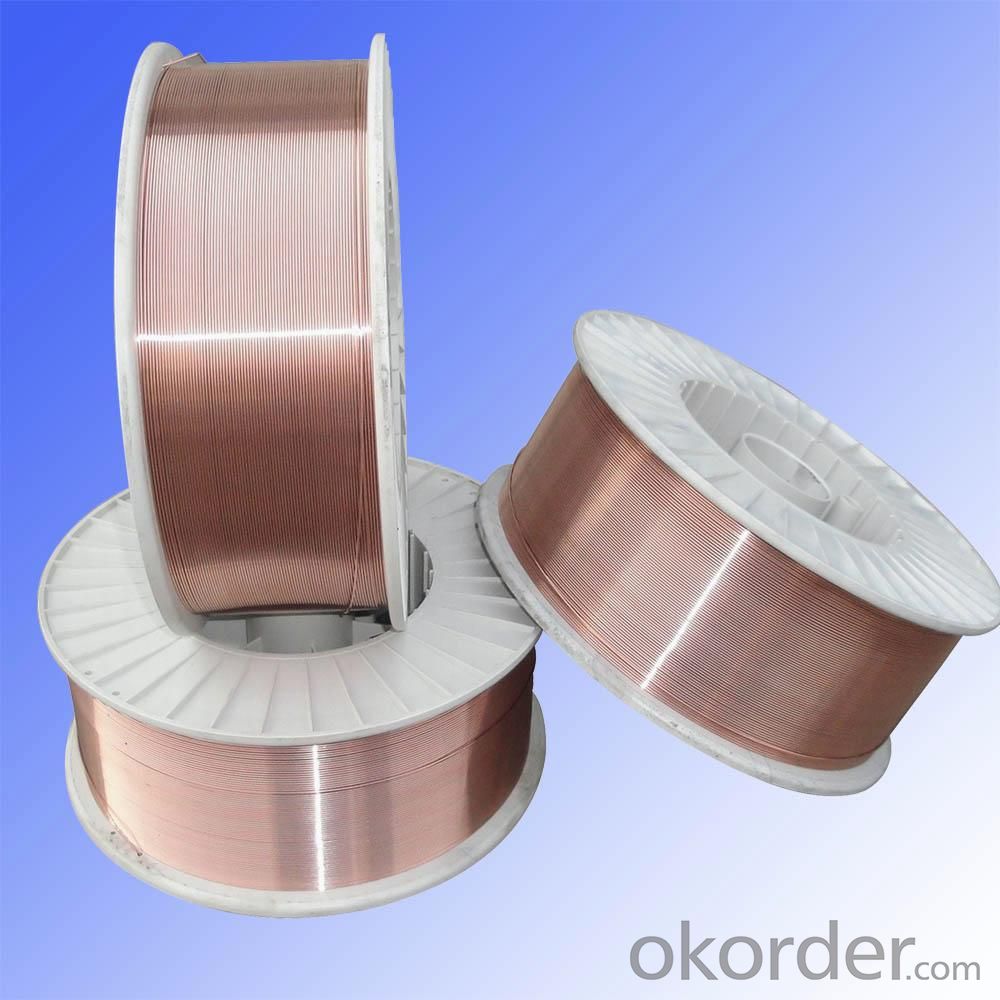
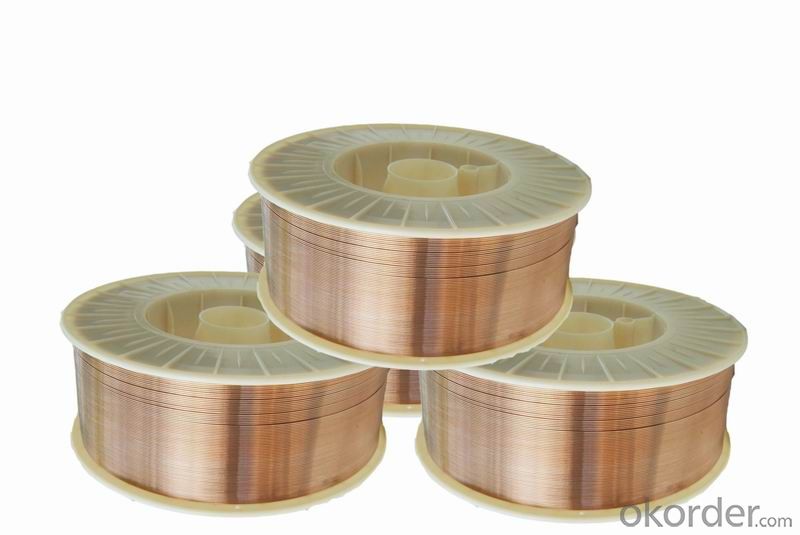
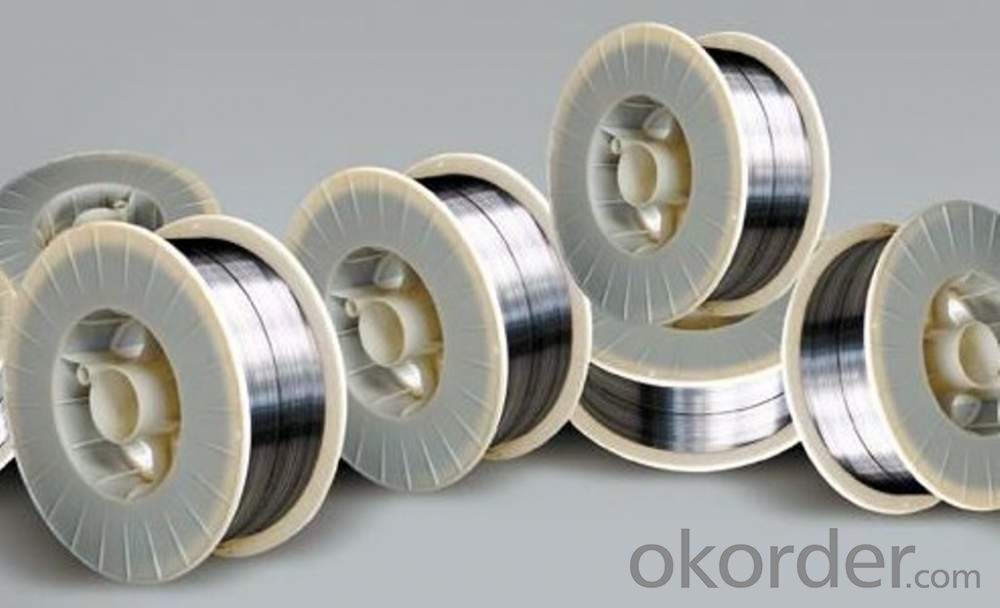
- Q: What is the minimum diameter of stainless steel wire? Do you have a price smaller than 10 microns? Where can I sell it?
- Industrial grade stainless steel wire can only reach 0.05mm, if you want to reach 10 microns, I'm afraid you have to find a special custom manufacturers. Good luck!
- Q: What's the difference between a stainless steel cup and a nonmagnetic one?
- In the Cr content in steel is more than 12.5%, has the high resistance outside medium (acid, alkali and salt) corrosion of steel called stainless steel. According to the organization of internal steel, stainless steel can be divided into Martensitic, Ferritic, Austenitic, ferritic - Austenitic precipitation hardening stainless steel. According to the provisions of the national standard GB3280 - 92, a total of 55 austenitic stainless steel. The provisions in our daily life we contact more (called nickel stainless) and martensite stainless steel (called stainless iron, but not scientific, misleading, should be avoided) two categories. Austria typical type stainless steel grades for 0Cr18Ni9, namely "304" and 1Cr18Ni9Ti. martensitic stainless steel cutlery is our manufacturing stainless steel grades, including 2Cr13, 3Cr13, 6Cr13, 7Cr17 and so on. Because of the difference of these two kinds of stainless steel components, the metal microstructure The fabric is not the same. Austenitic stainless steel due to chromium and nickel in high added in steel (CR at about 18%, more than 4% in Ni), steel internal organization presents an organization called austenite state, this organization is not magnetic, can not be attracted by the magnet used as decorative materials., such as stainless steel, towel racks, utensils, stoves and other production cutlery of stainless steel to the martensitic stainless steel cutlery. Because has the function of shear items, must have the sharpness, want to have the sharpness must have a certain hardness. This kind of stainless steel by heat treatment must make its internal organization increase the hardness change. To be knife cut. But this kind of stainless steel consists of martensite, a magnetic material, which can be attracted by a magnet. So we cannot simply use whether to show that the magnetic stainless steel.
- Q: Can stainless steel wire be welded?
- Indeed, welding is a possibility when it comes to stainless steel wire. This type of steel is renowned for its remarkable welding properties and is frequently subjected to diverse techniques including TIG (tungsten inert gas), MIG (metal inert gas), and spot welding. Nevertheless, it is crucial to bear in mind that stainless steel encompasses various grades, and particular grades might necessitate specific welding methods or materials for filler. It is consistently advisable to refer to the manufacturer's instructions or seek guidance from a welding expert to guarantee the adherence to appropriate welding procedures tailored to the specific grade of stainless steel wire being utilized.
- Q: Can stainless steel wire be used in high temperature environments?
- Indeed, high temperature environments can accommodate the use of stainless steel wire. Renowned for its exceptional heat resistance properties, stainless steel proves to be a fitting choice for situations that involve elevated temperatures. Its capacity to endure extreme temperatures without compromising its strength or integrity is attributed to its high melting point. Consequently, stainless steel wire emerges as an optimal solution for industries such as aerospace, automotive, and manufacturing, where components face exposure to heightened temperatures. Moreover, the exceptional corrosion resistance of stainless steel wire further enhances its aptitude for high temperature environments.
- Q: Why does the stainless steel hydrogen return wire rust?
- In a clean atmosphere (such as a small amount of sulfide, carbon monoxide, nitrogen oxides), condensate, such as sulfuric acid, nitric acid, and acetic acid, can also cause chemical decay.
- Q: How does the weight of stainless steel wire compare to other materials?
- The weight of stainless steel wire generally tends to be heavier compared to other materials commonly used for wire production. Stainless steel wire is known for its durability and strength, which comes from its composition of iron, chromium, and sometimes other elements. Due to its robust nature, stainless steel wire tends to have a higher density than other materials like aluminum or copper, which results in a heavier weight per unit volume. However, it is essential to note that the weight of stainless steel wire can vary depending on the specific alloy and diameter of the wire.
- Q: Is stainless steel wire resistant to fatigue?
- Stainless steel wire generally exhibits resistance to fatigue. Fatigue refers to the deterioration or breakdown of a substance when subjected to repetitive or cyclic loads, which can result in the formation of cracks and fractures. Stainless steel is renowned for its exceptional strength and durability, making it less susceptible to fatigue in comparison to other materials. It possesses remarkable mechanical qualities, including elevated tensile strength and resistance to corrosion, contributing to its capacity to endure cyclic loads without experiencing significant fatigue. Nevertheless, it is crucial to acknowledge that the fatigue resistance of stainless steel wire may fluctuate based on factors such as the specific composition of the alloy, the manufacturing process employed, and the conditions in which it is utilized.
- Q: What are the different types of stainless steel wire diameters?
- There are several different types of stainless steel wire diameters available, each designed for specific applications and requirements. The most common stainless steel wire diameters range from 0.012 inches to 0.125 inches (0.3mm to 3.175mm). These diameters are commonly used in various industries such as aerospace, automotive, construction, and medical. For finer applications, smaller diameter stainless steel wires are used, typically ranging from 0.012 inches to 0.030 inches (0.3mm to 0.76mm). These thin wires are often used in applications like jewelry making, weaving, and electronics. Medium-sized stainless steel wires have diameters ranging from 0.031 inches to 0.062 inches (0.79mm to 1.57mm). These wires are commonly used in applications such as springs, fasteners, and mesh screens. Larger diameter stainless steel wires, ranging from 0.063 inches to 0.125 inches (1.6mm to 3.175mm), are used for heavier-duty applications. These wires are commonly used in applications such as structural supports, reinforcement, and industrial mesh. It is important to note that these are just some of the standard stainless steel wire diameters available, and custom sizes can be manufactured to meet specific requirements. The choice of wire diameter depends on factors such as strength, flexibility, corrosion resistance, and the intended application.
- Q: Is brushed stainless steel harmful to the body?
- The substrate is harmful, on the one hand, on the other hand is drawing in scratching the surface of stainless steel, it will make the stainless steel surface burrs, although not too obvious, but in the use of the process there will be some loss of human skin, the body is not good, in addition, the residual stainless steel debris will also on the human body harmful
- Q: Can stainless steel wire be used for filtration?
- Yes, stainless steel wire can be used for filtration. It is commonly utilized in various filtration systems due to its durability, resistance to corrosion, and high strength. Stainless steel wire can effectively remove contaminants and impurities from liquids or gases, making it suitable for applications in industries such as water treatment, oil and gas, pharmaceuticals, and many others.
Send your message to us
Brass Steel Welding Wire/ Strip for Building
- Loading Port:
- Qingdao
- Payment Terms:
- TT OR LC
- Min Order Qty:
- 10 m.t.
- Supply Capability:
- 1000 m.t./month
OKorder Service Pledge
OKorder Financial Service
Similar products
Hot products
Hot Searches
Related keywords
